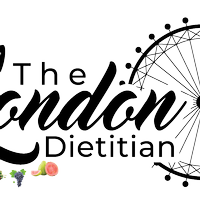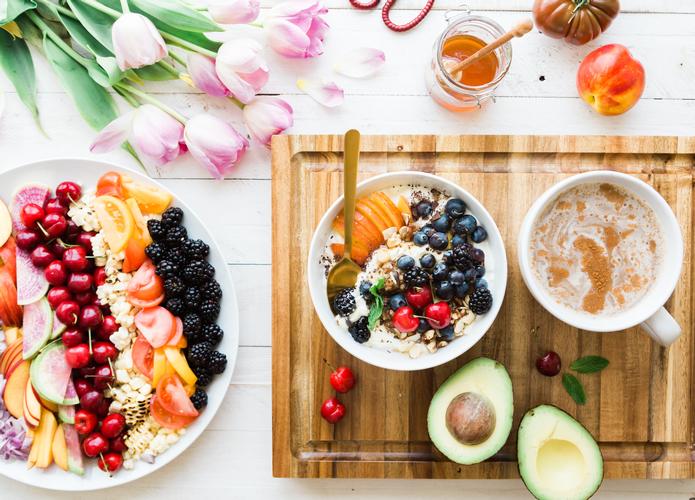Myth: To lose weight, you must give up all your favourite foods.
Fact: When losing weight, it is important to remember the key to weight loss is being in a calorie deficit- which means you must be expending more energy than you are taking in from food and beverages. Although foods that are traditionally considered as ‘treats’ such as crisps/doughnuts/chocolate/take-outs etc will be high in calories, they can still form a small part of a healthy, well-balanced diet if you are having them occasionally and not overeating them.
Myth: Carbohydrates (rice, pasta, bread, noodles) are fattening.
Fact: Carbohydrates are not fattening by themselves but they get a bad rep because high calorie ingredients such as cream/cheese/butter etc are often added to them which in turn makes them very palatable and easy to overeat. In fact, carbohydrates can be a very important part of our diet- it is recommended you opt for the wholegrain versions as they contain fibre (which can help you feel fuller for longer) and a whole range of key nutrients.
Myth: You need to follow a completely vegan/vegetarian diet in order to lose weight.
Fact: Although going for a plant-based diet is linked to lower levels of obesity, lower blood pressure and lower incidences of heart disease, it is important to remember that when thinking about weight loss, calories are important. Vegetarian/vegan convenience foods and snacks can be loaded with huge amounts of refined sugar and fat which can make them a less healthy option and also very calorific.
Myth: Gluten-free products are best for our health.
Fact: Because of social media hype, most people are choosing to follow a gluten-free diet without knowing what gluten is. Simply put, gluten is a protein found in barley, wheat and rye grains. There is no need to avoid gluten unless you have been diagnosed with a condition called Coeliac Disease, which leads to your immune system attacking your own tissues whenever you eat a gluten containing product. If you do not have Coeliac Disease, then going gluten-free can lead to vitamin/mineral deficiencies and an overall lack of fibre in your diet. If there is no clinical reason for you to choose gluten-free products, then opting for them will mean that you are pouring your money down the drain. Additionally, ‘gluten-free’ is not synonymous with ‘healthy’ or ‘less fattening’; they can be just as calorie-laden as their gluten counterparts.
Myth- Ketogenic diet is a magic bullet for weight loss.
Fact: The ketogenic diet has been making the rounds on social media for several years and being hailed as the secret key to weight loss. What actually is it? It’s a diet high in fat, moderate in protein and low in carbohydrate. The truth is, most people will see some initial weight loss due to loss of water. Now, you may have heard as water loss being the reason but never understood what it is; every time we eat carbohydrate, some of it is stored as ‘glycogen’ which is tapped into as a source of energy to keep us going in between meals/overnight. With every gram of carbohydrate stored, you also get 4g of water stored alongside. As you decrease the carbohydrate intake from your diet, you will naturally be using up your glycogen stores which in turn releases the water bound to it - hence you see that rapid weight loss in the beginning- the ‘water weight’. Long-term, any decreases in weight seen whilst on the ketogenic diet is actually due to being in a calorie deficit.
So there you have 5 myths dispelled to help you with your weight loss goals and hopefully would have clarified some misinformation that is currently rife online! If you would like some help to support you with your weight loss goals, get in touch to find out how I can provide you with some tailored advice.

